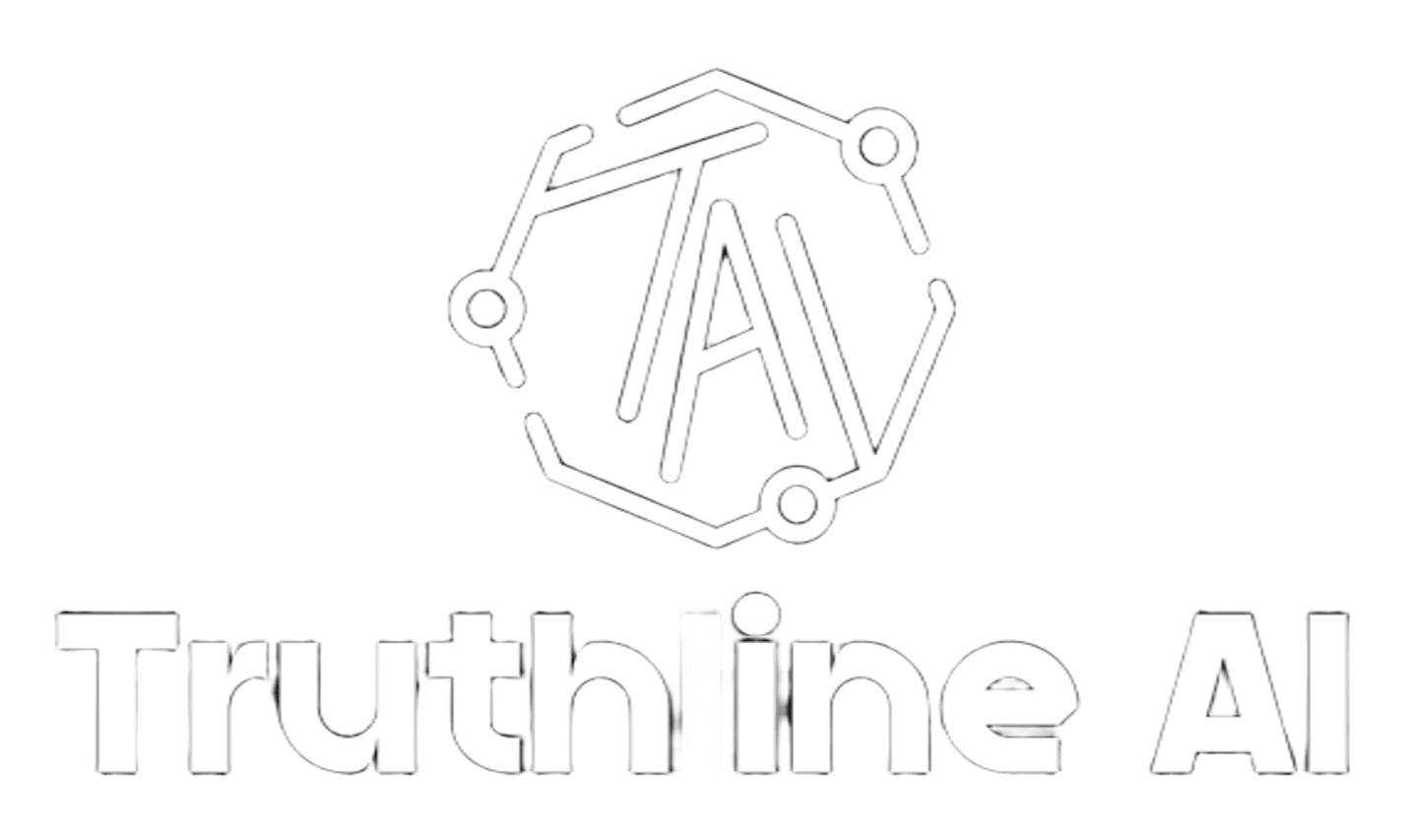Analysis of The Standard Newspaper -July 19,2025
Tone
The tone of The Standard on July 19, 2025, is predominantly critical and urgent, particularly regarding institutional failures. The paper adopts a concerned and investigative stance when reporting on the murders at Kenyatta National Hospital, water contamination, and healthcare shortcomings, emphasizing systemic lapses. However, it balances this with a hopeful tone in stories like the repatriation of Nandi artefacts and the new Kilifi Land Registry, suggesting cautious optimism in some sectors.
Track
The newspaper’s track focuses on exposing governance and security failures while highlighting social injustices and public health risks. It consistently follows up on unresolved issues, such as the Kenyatta National Hospital murders and SHIF’s shortcomings, reinforcing accountability. At the same time, it tracks progress in areas like cultural restitution and infrastructure development, providing a mix of critique and cautious praise.
Framing
The Standard frames its stories to emphasize institutional negligence, particularly in healthcare, security, and environmental safety, portraying them as urgent crises. The coverage of the murders at KNH and contaminated water is framed as systemic failures demanding immediate action. Conversely, stories like the Nandi artefacts’ return and the new land registry are framed as positive, albeit overdue, steps toward justice and efficiency.
Editorial Agenda
The editorial agenda prioritizes accountability, social justice, and public welfare, pushing for reforms in healthcare, security, and land management. By repeatedly highlighting unresolved cases like the KNH murders and SHIF’s inefficiencies, the paper pressures authorities to act. It also supports cultural restitution and anti-corruption efforts, aligning with a broader agenda of transparency and historical redress.
Conclusion
Overall, The Standard on July 19, 2025, serves as a watchdog, exposing institutional failures while advocating for reform and justice. Its critical tone and persistent tracking of unresolved issues reflect a commitment to holding power accountable. However, it also acknowledges progress where it occurs, striking a balance between condemnation and cautious optimism in Kenya’s socio-political landscape.
